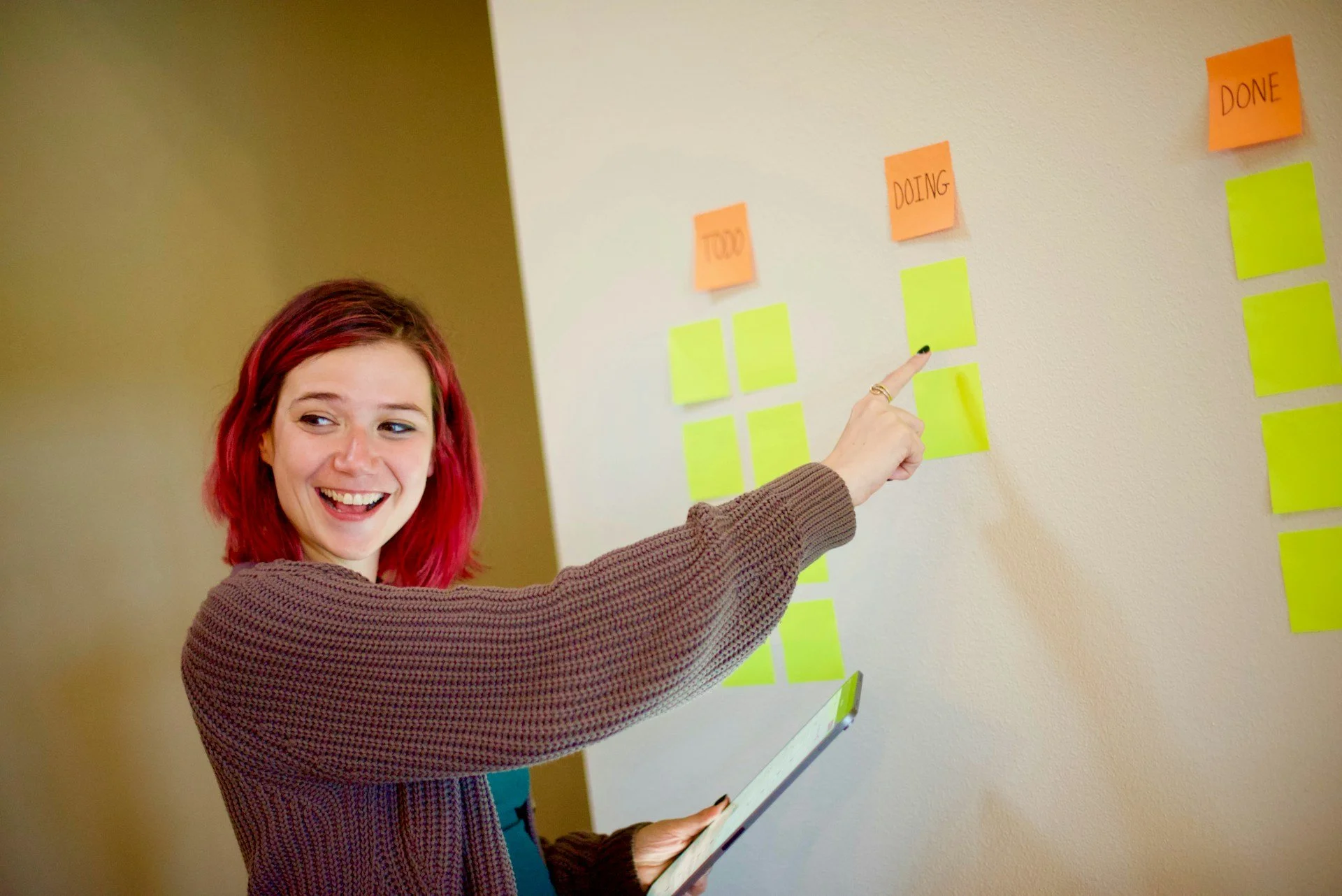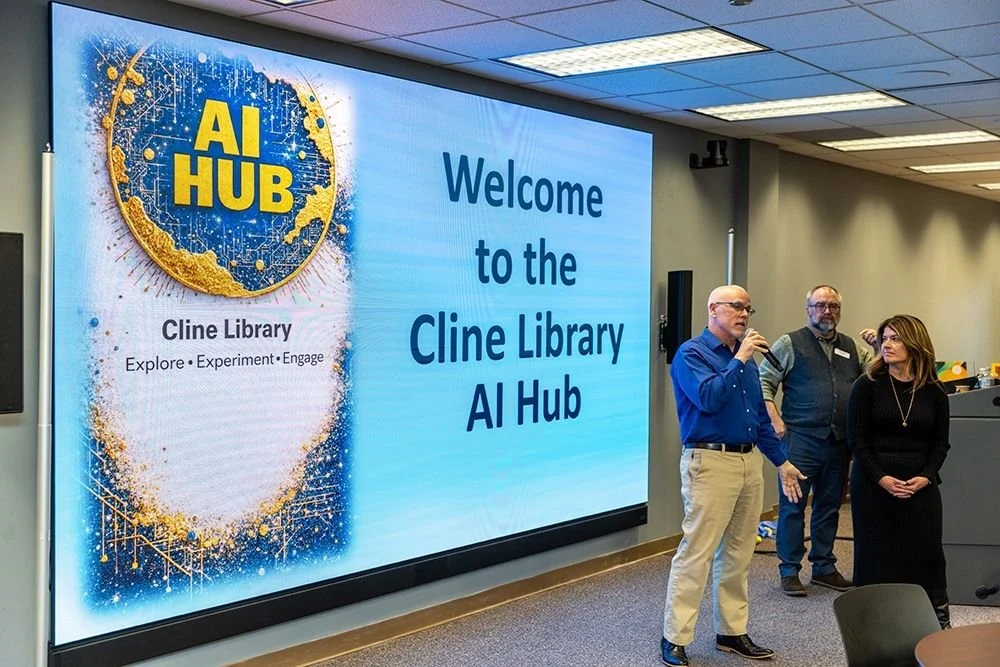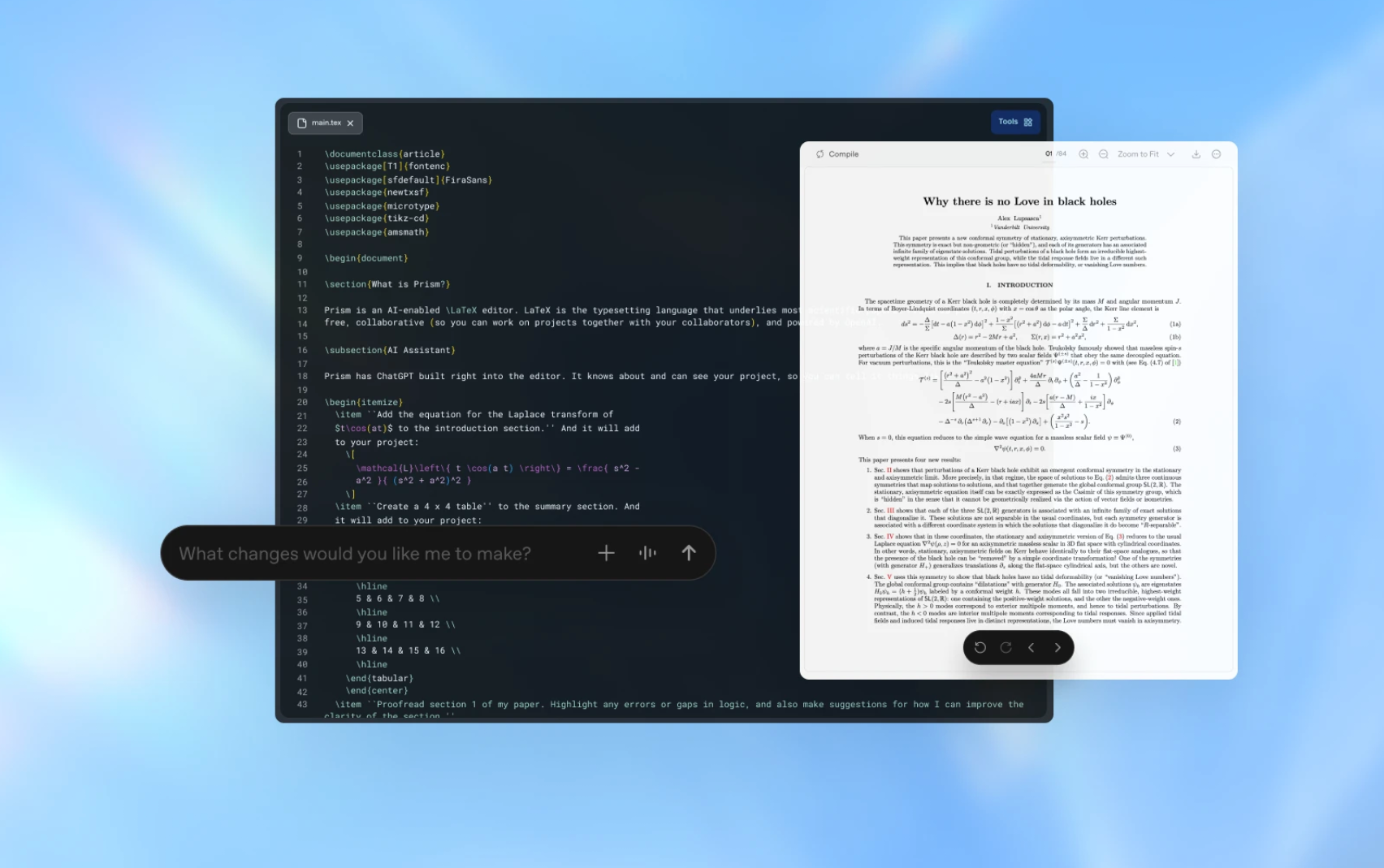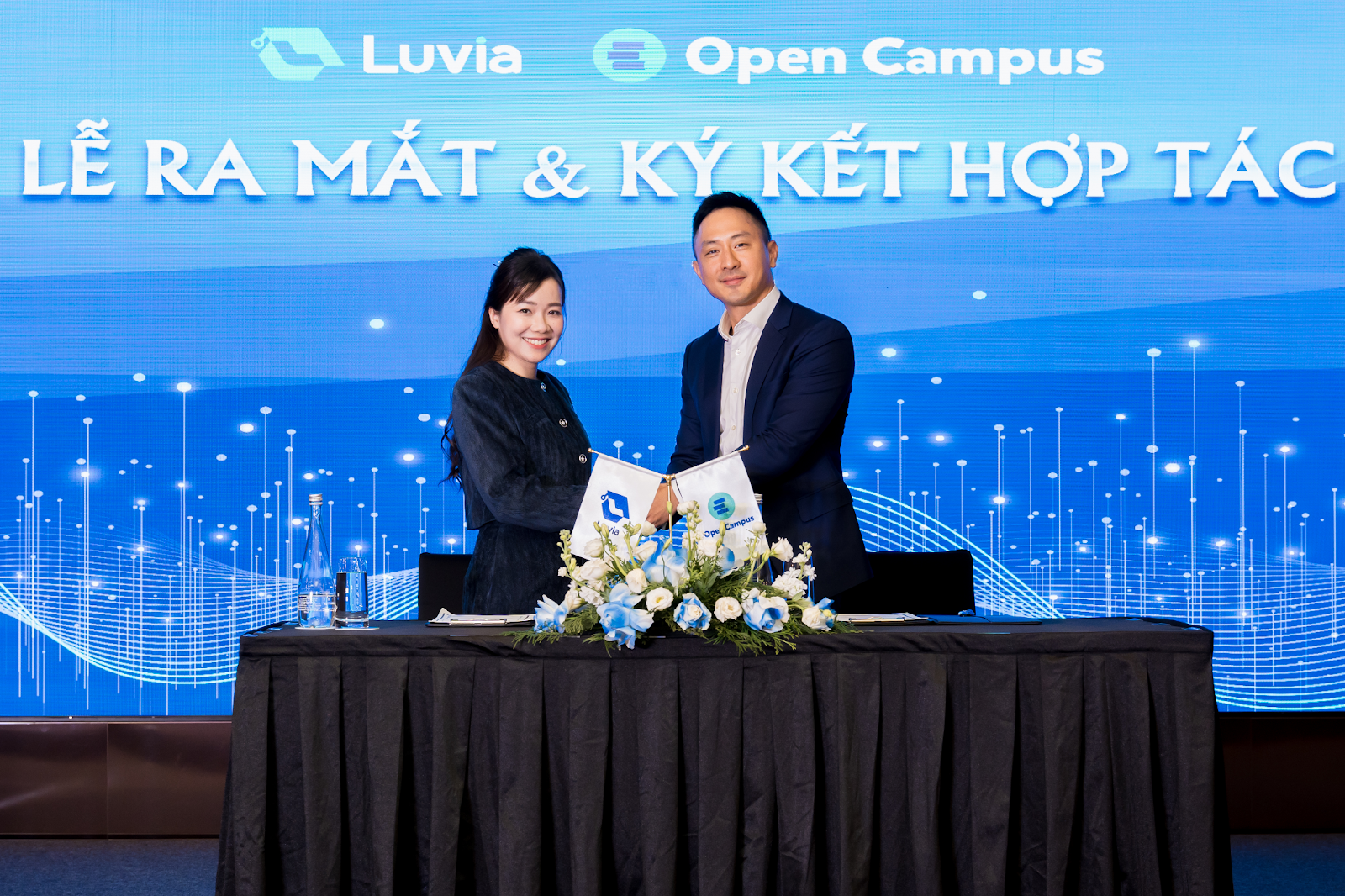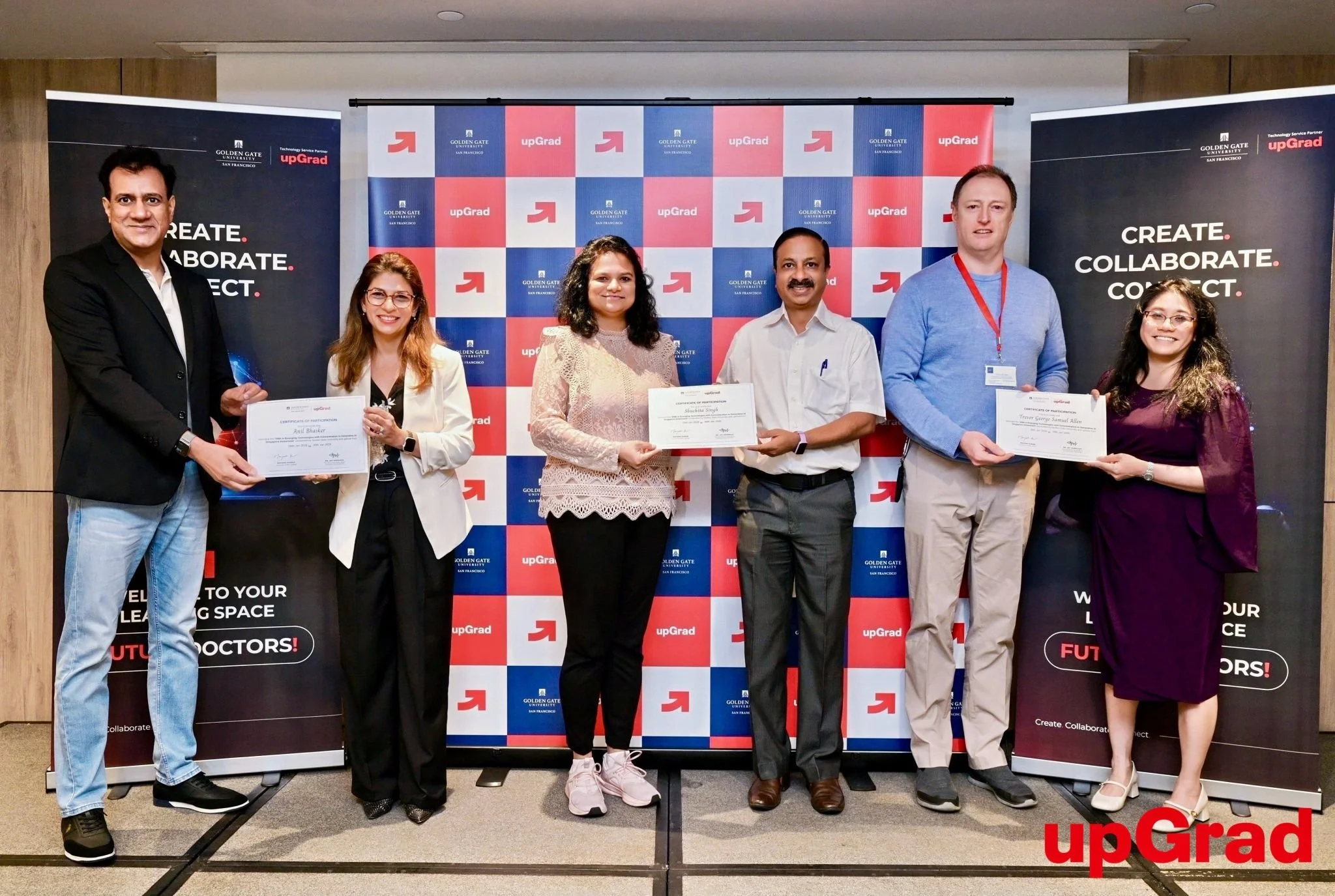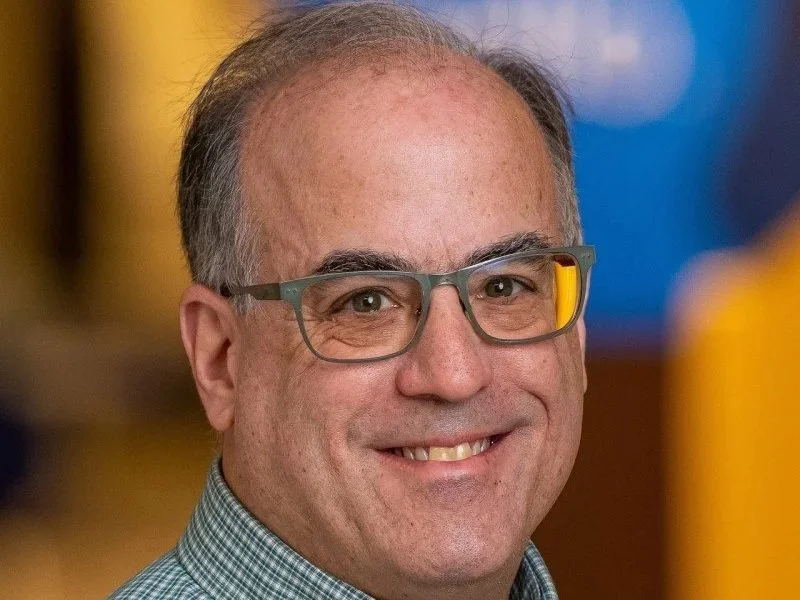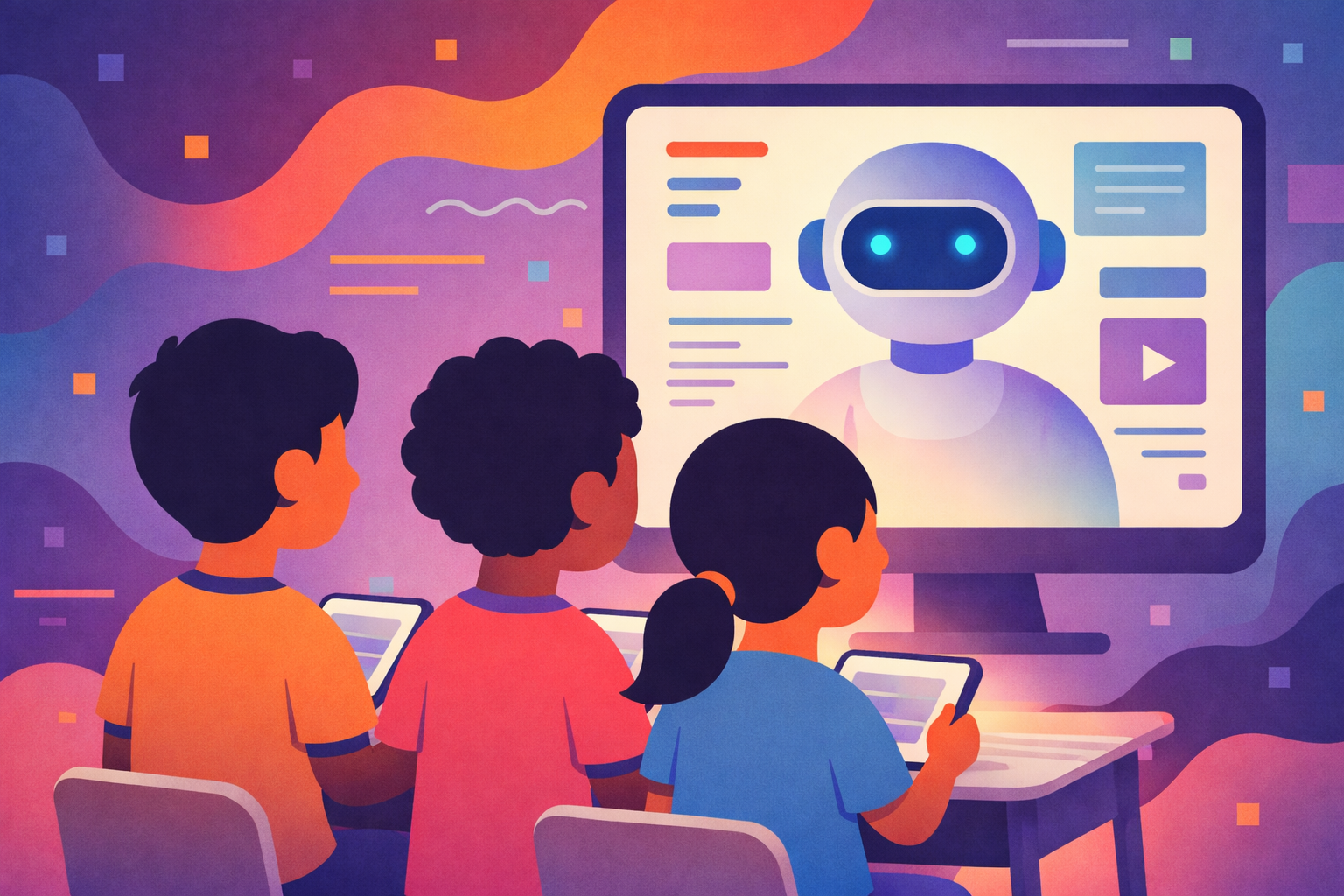Top ten EdTech stories of the week: AI expansions, faculty tools, and classroom pilots drive the agenda
From OpenAI’s faculty project and Google’s new STEM quests to Microsoft’s classroom commitments, here are the biggest EdTech stories this week.
This week’s EdTech round-up tracks how big players are moving beyond pilots and into scaled delivery. OpenAI appears twice with new faculty-facing tools and an international AI pilot in Greece. Microsoft makes a fresh play for classroom access, Google unveils gamified STEM content, and Turnitin takes another hit as Curtin University pulls its detection tool.
10. First Student to roll out Samsara’s AI tech across 46,000 school buses
In at number ten, First Student is installing Samsara’s AI-powered safety technology across 46,000 vehicles. The update will add predictive analytics, driver monitoring, and hazard alerts to its HALO platform, while giving families more accurate updates through the First View app. It’s a major move in student transport tech.
9. Gates Foundation launches AI Fellows to embed machine learning talent into nonprofit teams
Taking the ninth spot, the Gates Foundation is now accepting applications for its first AI Fellows cohort. The one-year program embeds machine learning experts into global health, education, and development teams. Fellows will work on projects like diagnostic prediction models and pre-field chatbots.
8. Curtin University to ditch Turnitin’s AI detection tool from 2026
At number eight, Curtin University will disable Turnitin’s AI writing detector from January 2026, citing accuracy concerns and a need to rebuild student trust. While originality checks will remain, the university joins a growing list of institutions moving away from AI classifiers. Turnitin’s recent bypasser detection update drew mixed reviews, and many in the sector are now questioning whether these tools are fit for purpose.
7. OpenAI launches global faculty resource library with 300+ professors
AI is back again at number seven, with OpenAI Edu Academy releasing a new faculty-facing initiative. More than 300 professors contributed to its Global Faculty AI Project, featuring 89 videos on classroom-tested AI uses across 30 subjects. Examples include medical simulations, AI ethics debates, and code-debugging GPTs. The resource is open-access and free to use.
6. Microsoft offers free Copilot access and new educator grants under AI Challenge
Coming in at number six, Microsoft has announced new support for the White House’s Presidential AI Challenge, including free Microsoft 365 Copilot access for college students and $1.25 million in educator grants. The company will also expand access to LinkedIn AI courses and bring its Elevate program to more schools. AI literacy is the headline — but this is also about platform reach and positioning for long-term market share.
5. Google launches AI Quests to introduce real-world AI challenges in schools
In at number five, Google Research has rolled out AI Quests, a new interactive learning program aimed at students aged 11 to 14. Built in partnership with Stanford’s Accelerator for Learning, the first module explores flood forecasting using real data. Future quests will tackle diabetic retinopathy and brain mapping. The program is part of Google’s global AI literacy push and integrates with Experience AI and Stanford CRAFT.
4. UNESCO says teacher agency must remain central as AI expands
Taking the fourth spot, a new UNESCO position paper warns that teachers are not replaceable and must remain central to education systems. The report outlines the risks of de-professionalization, biased systems, and policy drift. While AI can support lesson planning and assessment, the guidance calls for safeguards to ensure teachers remain decision-makers, not system managers.
3. OpenAI launches jobs platform and certification program with Walmart and BCG
OpenAI is back again at number three, unveiling a workforce initiative backed by Walmart, Accenture, BCG, and others. The new Jobs Platform connects AI-trained talent with employers, while the Certifications Program offers credentials in prompt engineering, AI fluency, and more. The company plans to certify 10 million Americans by 2030 and expand employer access through state partnerships.
2. UNC System to appoint Chief AI Officer across 17 campuses
Just missing the top spot, the University of North Carolina System is hiring its first Chief Artificial Intelligence Officer to lead strategy across all 17 campuses. The role will coordinate academic and operational AI integration, align policy across institutions, and advise the system’s senior leadership. It’s the latest sign that U.S. universities are formalizing AI leadership at the executive level.
1. OpenAI appears for a third time, taking the top spot with ChatGPT Edu pilot and AI accelerator in Greece
Taking the number one spot this week, and appearing for the third time in the round-up, OpenAI has partnered with the Greek government to launch a ChatGPT Edu pilot in secondary schools alongside a new AI startup accelerator. The rollout includes curriculum integration, teacher training, and technical support, marking one of the first national deployments of ChatGPT Edu. The initiative is backed by the Onassis Foundation and Endeavor Greece, positioning the country as a testbed for OpenAI’s next phase of international expansion.
The ETIH Innovation Awards 2026
The EdTech Innovation Hub Awards celebrate excellence in global education technology, with a particular focus on workforce development, AI integration, and innovative learning solutions across all stages of education.
Now open for entries, the ETIH Innovation Awards 2026 recognize the companies, platforms, and individuals driving transformation in the sector, from AI-driven assessment tools and personalized learning systems, to upskilling solutions and digital platforms that connect learners with real-world outcomes.
Submissions are open to organizations across the UK, the Americas, and internationally. Entries should highlight measurable impact, whether in K–12 classrooms, higher education institutions, or lifelong learning settings.
Winners will be announced on 14 January 2026 as part of an online showcase featuring expert commentary on emerging trends and standout innovation. All winners and finalists will also be featured in our first print magazine, to be distributed at BETT 2026.








